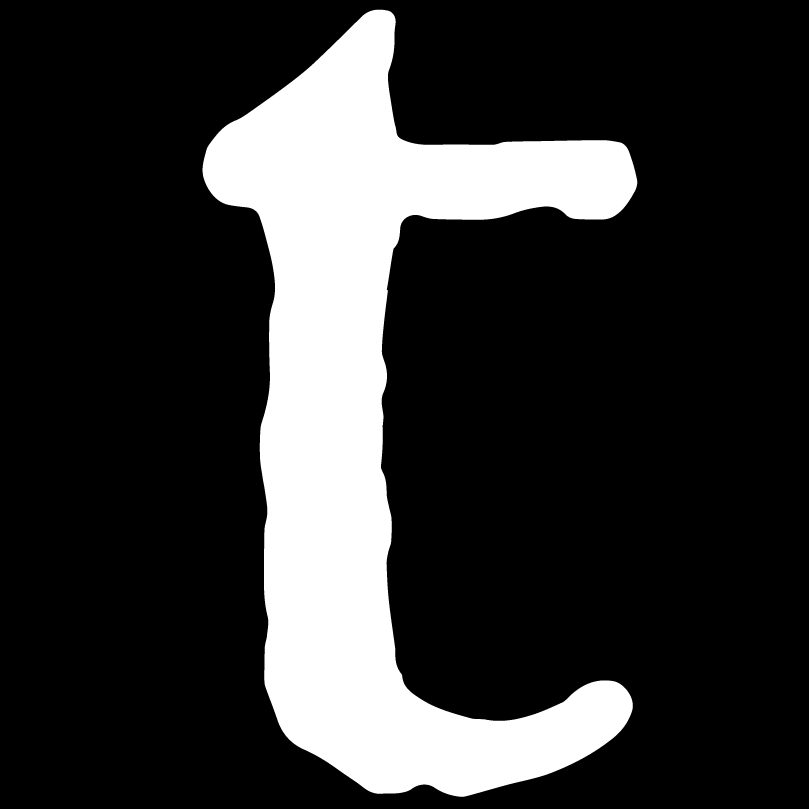
Clinton Presses China Over Tiananmen
BBC News
US Secretary of State Hillary Clinton has urged China to publicly account for those killed in the suppression of the Tiananmen Square protests 20 years ago.

Pro-democracy demonstrators link arms to hold back angry crowds from chasing a group of retreating soldiers near the Great Hall of the People in Beijing, China, June 3, 1989. (Photo: AP)
Mrs Clinton said China should release those still held over the protests and stop harassing those who took part.
Hundreds, possibly thousands, of people died in the crackdown and open discussion of the events remains taboo.
There is very tight security is very tight in Beijing, with police sealing off the square.
Uniformed and plain-clothed officials prevented foreign journalists from entering the square, or even filming the daily flag-raising ceremony at dawn.
Many dissidents say they have been told to leave Beijing or are confined to their homes.
Even in Hong Kong, where freedom of expression is guaranteed, some dissidents have been denied entry.
But Mrs Clinton said in a statement that the anniversary was a chance for China to "reflect upon the meaning of the events that preceded that day".
She said China "should examine openly the darker events of its past and provide a public accounting of those killed, detained or missing, both to learn and to heal."
"China can honour the memory of that day by moving to give the rule of law, protection of internationally-recognised human rights, and democratic development the same priority as it has given to economic reform," she added.
Turned Away
The statement represents a tougher line than the Obama administration has taken so far when addressing China's human rights record, the BBC's Kim Ghattas reports from Washington.
She says Mrs Clinton had disappointed activists at the start of her tenure by saying human rights should not interfere in discussions with China about other issues, like climate change and North Korea.
The Chinese Communist Party has never held an official inquiry into what happened in and around the square 20 years ago, and discussion of the issue is banned on the mainland.
Earlier, Xiang Xiaoji, now a US citizen, was trying to come to Hong Kong to join commemorative events being held to mark the anniversary. But he was refused entry and returned to New York.
Another prominent protest leader, Wu'er Kaixi, flew from his home in Taiwan to Macau on Wednesday, but was detained on arrival.
Mr Kaixi told reporters that he had wanted to go from Macau into mainland China, to see his parents.
Tiananmen Mothers
On the eve of the anniversary, police have been examining visitors at checkpoints dotted around Tiananmen Square, and checking the bags and papers of people in the area.
Some journalists say they have been turned away from the site.
Ding Zilin, the head of a group called Tiananmen Mothers - made up of women whose children were shot dead in the crackdown - has reportedly been blocked from leaving her home, as has the wife of jailed dissident Hu Jia.
Bao Tong - a former official who was purged for sympathising with the Tiananmen protesters - was escorted out of Beijing last week.
In the run-up to the anniversary, the authorities are also blocking social networking sites such as Twitter and Flickr.
Even the architect of Beijing's Bird's Nest Olympic stadium, Ai Weiwei, says his blogs have been blocked.
"Three of my blogs have all been shut down," he told the BBC. "I don't know the exact reason, but I can sense it's about the coming-up anniversary."
Influence From Beijing?
In Hong Kong, too, there is evidence of pre-anniversary sensitivities.
While one exiled Tiananmen leader, Xiong Yan, was allowed into Hong Kong at the weekend, another student leader, Xiang Xiaoji, and a Danish sculptor who made a statue entitled Pillar of Shame were both denied entry.
As a former British colony, Hong Kong is guaranteed autonomy and freedom of expression by the Chinese, but bans on Mr Xiang and others are adding to a growing sense of unease over how solid the territory's rights record really is.
According to the BBC's Vaudine England in Hong Kong, the ruling elite of Beijing-appointed civil servants and powerful business figures believes closeness to Beijing is the only guarantee of survival.
Yet the majority of Hong Kong people consistently suggest in surveys that they want the freedoms they were promised.
